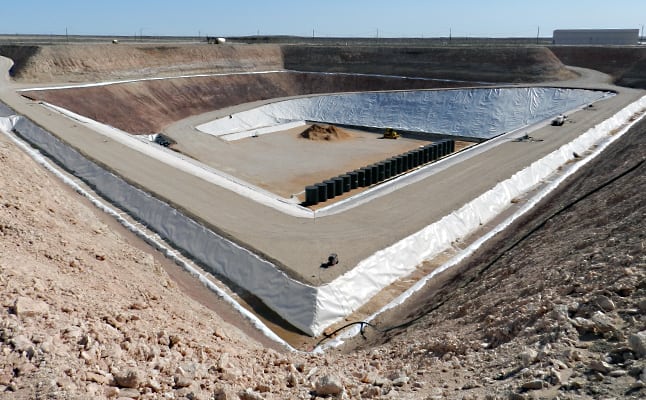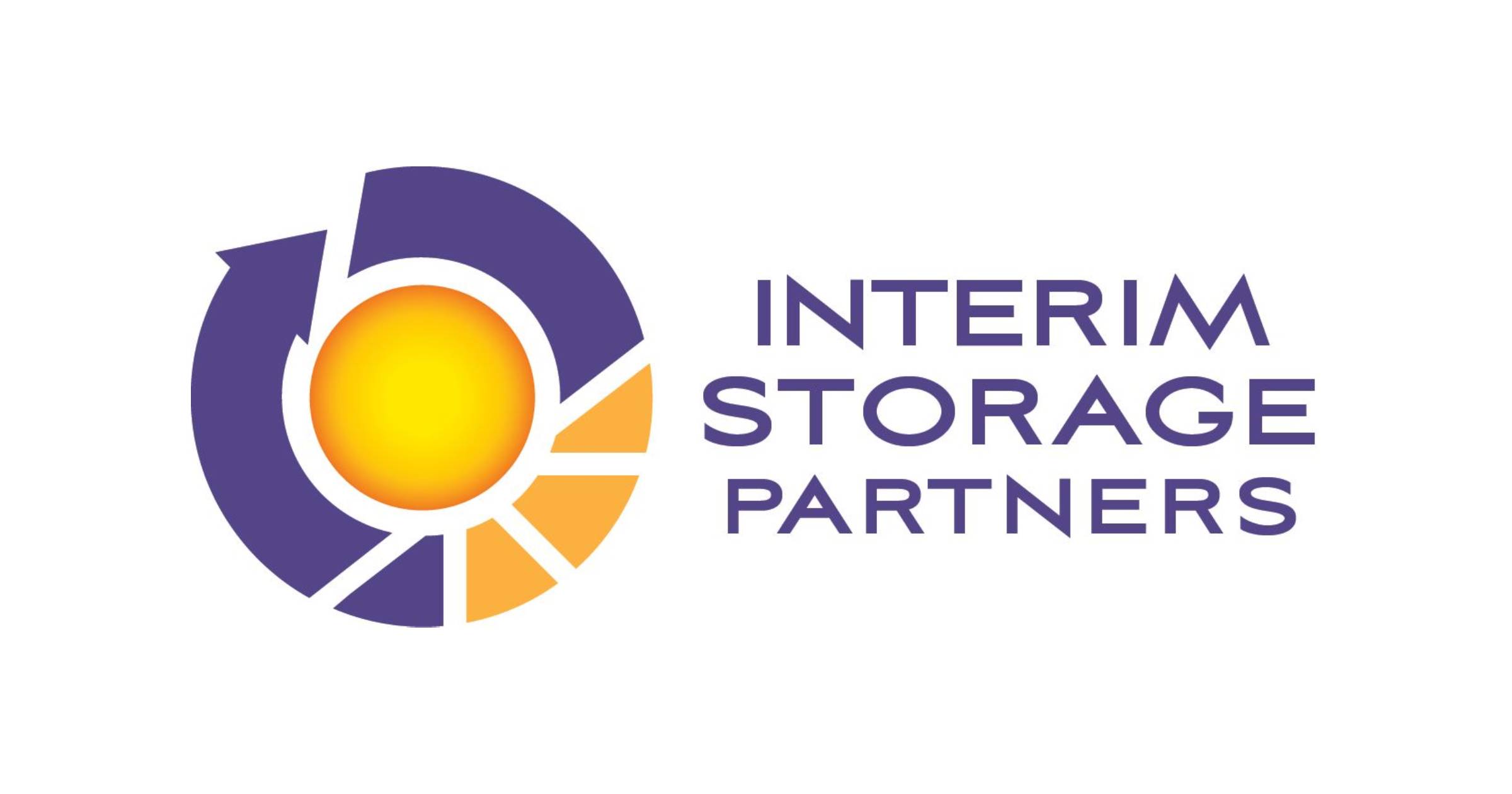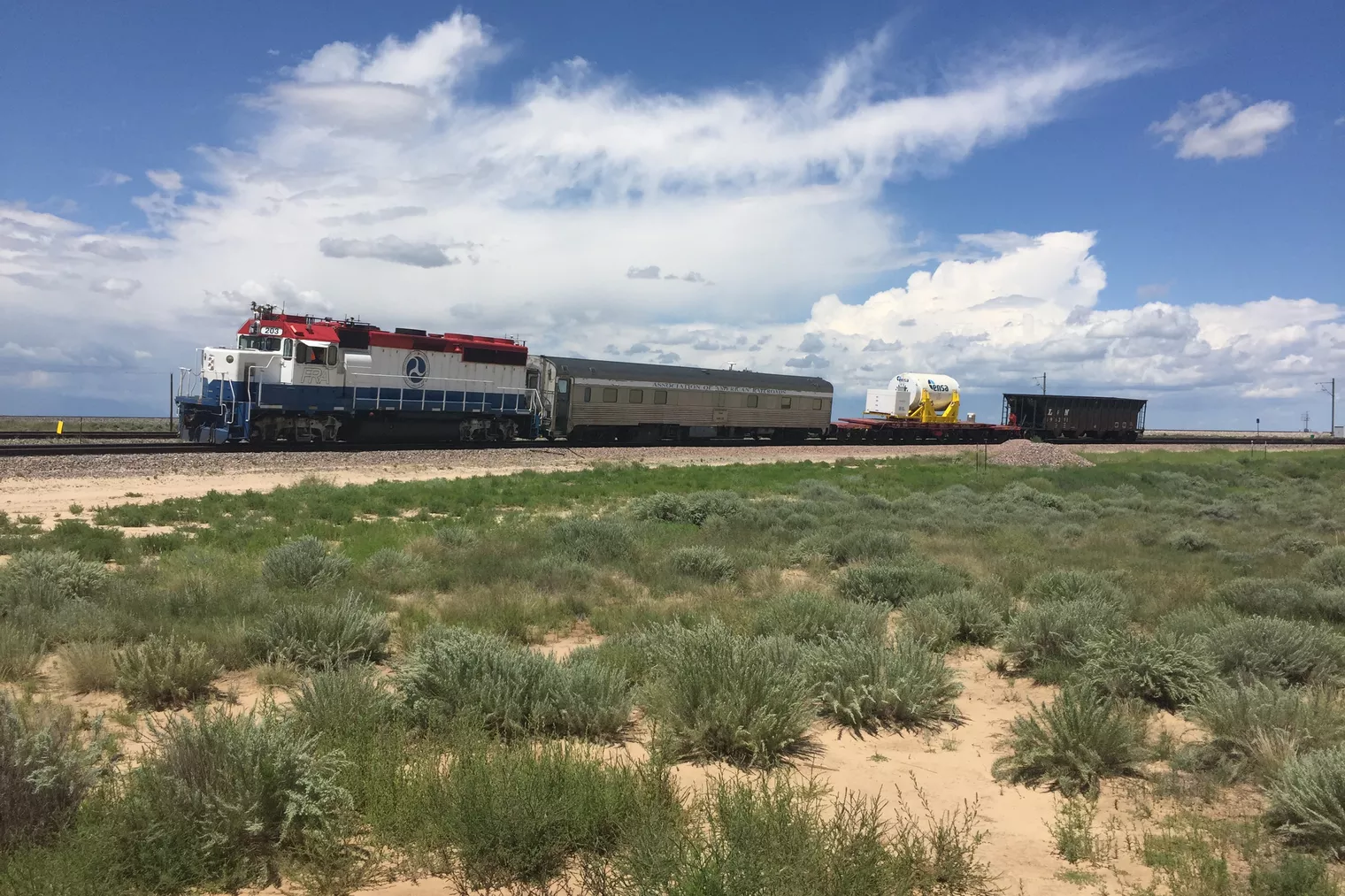Originally published in POWER.
Waste Control Specialists (WCS) and Orano USA intend to revive licensing of a consolidated interim storage facility (CISF) in Andrews County, Texas, where spent nuclear fuel (SNF) from reactors across the country can be stored until a permanent repository is developed.
The companies said on March 13, 2018, they intend to form a joint venture that will ask the Nuclear Regulatory Commission (NRC) to resume its review of the CISF license application, which WCS originally submitted in April 2016. In that application, WCS requested NRC authorization to store up to 5,000 metric tons of uranium for a period of 40 years at its Texas Compact Waste facility.
In April 2017, however, the company requested that the NRC temporarily suspend all safety and environmental review activities as well as public participation activities associated with the license application. The company cited “a magnitude of financial burdens” that made pursuit of licensing unsupportable.
One issue was that the NRC’s estimate of the cost of the application review—$7.5 million—was “significantly higher” than WCS originally estimated. Costs associated with a public participation process and a potential adjudicatory hearing were also estimated to be “considerable.” WCS also said a cost-sharing agreement it had in place with one of its partners was “depleted” and it could not be “extended.” At the same time, WCS has faced significant operating losses in each of its operating years, and the cost of actively pursuing the project only serves to increase those losses, it said.
WCS said on its website in March that a joint venture with Orano USA—formerly AREVA Nuclear Materials—would leverage the French company’s decades of expertise in used fuel packaging, storage, and transportation. Scott State, CEO of WCS, noted that WCS’s proposed solution was an “industry-driven near-term solution” that will use “proven storage technology and procedures to expand the capabilities and operations at the WCS site to include consolidated interim storage of commercial used nuclear fuel.” Sam Shakir, CEO of Orano USA, in a statement said the WCS-Orano USA joint venture “will provide safety, flexibility and value for used nuclear fuel titleholders and reduce U.S. taxpayer liabilities for ongoing storage, while plans for a permanent federal repository continue.”
WCS’s Texas Compact Waste Facility in western Andrews County has been operational since early 2012. Owned and licensed by the State of Texas, it is the only commercial facility in the U.S. licensed in the past 40 years to dispose of Class A, B, and C low-level radioactive waste. It primarily serves Texas and Vermont, which are member states of the Texas Compact Commission, but it is also available to 34 other U.S. states that have no access to a compact disposal facility. However, irradiated SNF discharged from commercial nuclear reactors is classified as high-level radioactive waste.

Operational since spring of 2012, the Texas Compact Waste Facility (CWF) is owned and licensed by the State of Texas, operated by Waste Control Specialists. The WCS facility in western Andrews County is the only commercial facility in the United States licensed to dispose of Class A, B and C Low-level Radioactive Waste (LLRW) in the past 40 years. Courtesy: WCS
To read the full story please visit powermag.com




